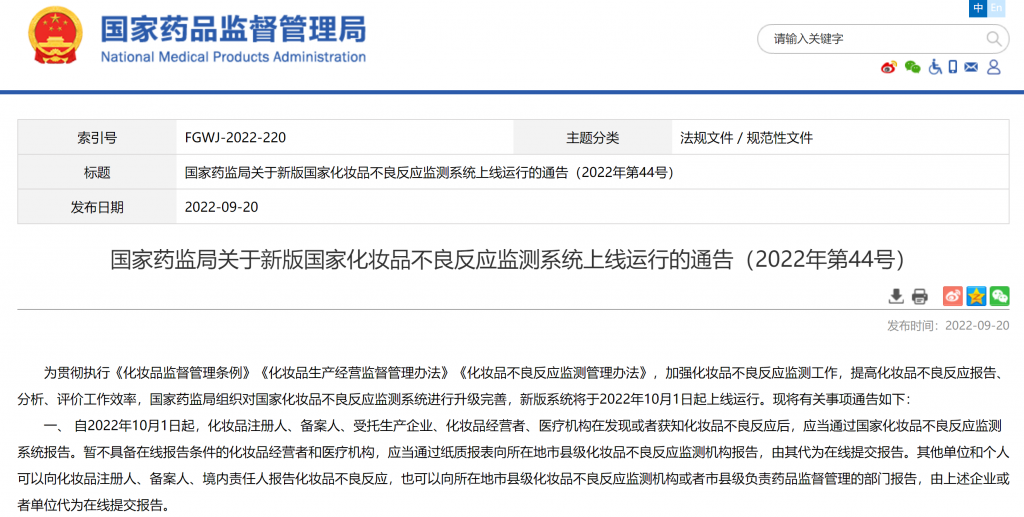
Recently, the ingredient triethanolamine has attracted the attention of many cross-border cosmetics merchants and importers in China. According to the regulations of the China General Administration of Customs, cosmetics containing “triethanolamine” must obtain an import or export license for dual-use items and technologies before they can be imported into China.
It is worth noting that “ triethanolamine” is currently not a banned ingredient, but a controlled ingredient.
Triethanolamine, or tris(2-hydroxyethyl)amine, is an organic compound with CAS number 102-71-6. Used as emulsifier, moisturizing agent, moisturizing agent, thickening agent, pH balancer in cosmetics such as skin cleansing, eye gel, moisturizing, shampoo, etc.
In addition to being used in daily necessities such as cosmetics, triethanolamine also has a special “identity” – the main raw material for the production of chemical weapons.





![[CHINA]”Guidelines for the Verification of Sensory Analysis: Sensory and Consumer Product Claims” for Public Comments [CHINA]”Guidelines for the Verification of Sensory Analysis: Sensory and Consumer Product Claims” for Public Comments](https://cosmeticsbridge.com/wp-content/uploads/2022/09/image-1-768x387.png)










